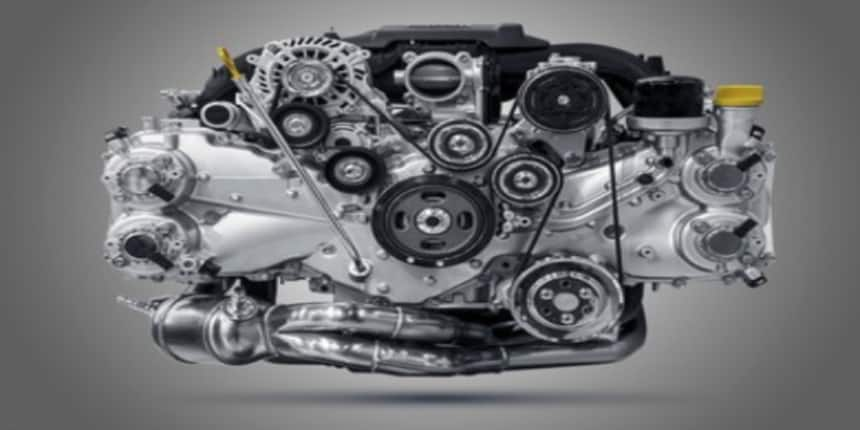CC Engine Full Form
What is the full form of CC?
Another name for CC is cubic capacity. It speaks of an engine's size and capability. It specifies the portion of the vehicle's cylinder between the piston's top dead centre (TDC) and bottom dead centre (BDC), which is the cylinder's portion where combustion occurs. Therefore, if an engine has a higher CC, more fuel will be used, increasing the engine's output. In most cases, the cubic capacity is expressed in cubic centimetres.
- What is the full form of CC?
- Formula Used to Calculate CC Engine
- Engine Capacity Affects its Performance

Formula Used to Calculate CC Engine
The formula used to determine an engine's CC is, V = π/4 x (D)² x H x N
where
V represents Volume,
D means Bore Diameter,
H is Stroke Length and
N is No. of Cylinders.
Engine Capacity Affects its Performance
The capacity of the engine is a key factor in influencing the outputs of the engine, including its power, torque, and mileage. The first factor is volume, or more specifically, the amount of room inside the cylinder that is available for the air-fuel mixture to burn. Consider how similar it is to a water-filled drum. The amount of water that a drum can store and consume depends on its size. Similarly to this, a larger engine draws more air into the cylinder.
The fuel system raises the amount of fuel supplied to the engine according to the increase in air volume. As a result, the power output increases along with the amount of fuel being used. Therefore, in a normal engine design, the power output of an engine is directly proportional to its capacity. The engine's power and fuel use rise when additional fuel is added to it.
The power output grows together with the cylinders' volume. However, This progressively lowers the mileage. As a result, with a traditional design, the car's mileage is inversely proportional to the engine size. In order to attain performance and efficiency, the manufacturers continuously improve the gasoline engines and strike a balance between power and mileage.
Frequently Asked Questions (FAQs)
Yes, a higher compression ratio or larger engines burn more fuel and generate more power. Larger engines have more power, which may allow them to accelerate more quickly.
The recommended engine capacity for the car is more than 999 CC.
CC in car engines plays a huge impact on performance factors like horsepower and torque. Naturally, a larger CC engine will run faster.
The best motorcycle engines have a capacity of up to 100 CC, and it has been shown that those with a capacity of 110 CC to 150 CC provide decent mileage.
A general rule of thumb for engine size is that larger engines are more powerful. Large engines, however, are often less fuel-efficient and consume more gasoline than smaller engines.